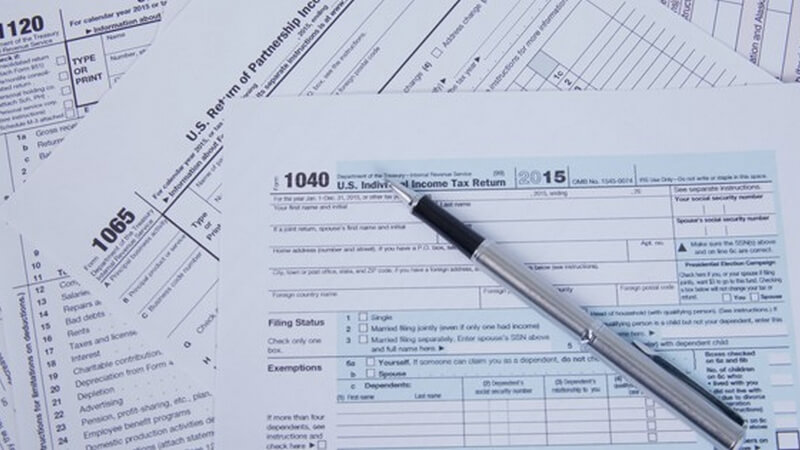Being knowledgeable about how to locate election offices and access voter information is essential for effective participation in democracy. By utilizing online resources, contacting your local election office, registering to vote, checking your voter registration status, finding your polling place, understanding absentee and mail-in voting procedures, and staying informed about election laws, you can ensure your voice is heard. Active engagement in the electoral process not only empowers you as a voter but contributes to the overall integrity and success of elections. Make sure to take the necessary steps to prepare for each election and encourage others in your community to do the same. Your vote matters, and being prepared makes all the difference.
How to Effectively Locate Election Offices and Get Voter Information
Participating in the democratic process is a fundamental responsibility and privilege for citizens. Being well-informed and knowing how to effectively locate election offices and access voter information can empower you to exercise your right to vote confidently and efficiently. Whether you need to register to vote, find your polling place, or understand the latest election laws, this guide provides you with the necessary steps to navigate the electoral process.
1. Understanding the Role of Election Offices
Election offices, also known as Boards of Elections, are responsible for managing all aspects of elections within a specific jurisdiction. Their responsibilities include:
- Voter Registration: Processing and maintaining voter registration records.
- Election Information: Providing information on upcoming elections, including dates, candidates, and ballot measures.
- Polling Places: Designating and managing polling locations and early voting sites.
- Absentee and Mail-In Voting: Handling requests and submissions for absentee and mail-in ballots.
- Election Security: Ensuring the integrity and security of the election process.
2. Locating Your Local Election Office
Online Search
The quickest way to find your local election office is through an online search. Use keywords like “Board of Elections [Your County/City]” or “Election Office [Your County/City].”
Government Websites
Visit your city, county, or state government’s official website. Most government websites have dedicated sections for elections and voter information, including contact details for local election offices.
- Example: The New York City Board of Elections: [vote.nyc](https://vote.nyc)
National Resources
National organizations such as the U.S. Election Assistance Commission (EAC) and Vote.org provide tools and directories to help you find your local election office.
3. Contacting Your Local Election Office
Phone and Email
Most election offices provide phone numbers and email addresses. Contact them directly for inquiries about voter registration, polling places, absentee ballots, and other election-related questions.
In-Person Visits
For immediate assistance or complex queries, visiting your local election office in person can be beneficial. Check their office hours on the website and make an appointment if necessary.
Online Contact Forms
Many election offices offer online contact forms to submit questions or request information. This can be a convenient option if you prefer online communication.
4. Registering to Vote
Online Registration
Many states offer online voter registration through their election office or secretary of state’s website. Follow the instructions to complete the registration process online.
Mail-In Registration
Download and complete a voter registration form from your local election office’s website. Mail the form and any required documentation to the address provided.
In-Person Registration
Visit your local election office or designated registration centers in your community, such as libraries or DMV offices, to register in person.
5. Checking Voter Registration Status
Before an election, it's important to verify that your voter registration is up to date. You can check your registration status:
Online Portals
Use online tools provided by your state’s election office or national organizations like Vote.org to check your registration status.
Contacting Election Office
Call or email your local election office to confirm your registration details.
6. Finding Polling Places and Election Information
Polling Place Locator
Most election offices offer online tools to find your designated polling place. Enter your address to get the location and hours of operation.
Sample Ballots
Review sample ballots available on your local election office’s website to become familiar with candidates, measures, and propositions before voting.
Election Dates and Deadlines
Stay informed about important election dates, including voter registration deadlines, early voting periods, and Election Day. These dates are typically listed on the election office’s website.
7. Understanding Absentee and Mail-In Voting
Application Process
Request an absentee or mail-in ballot through your local election office’s website, by mail, or in person. Make sure to apply within the designated timeframe to ensure timely receipt of your ballot.
Submitting Your Ballot
Follow the instructions provided with your absentee or mail-in ballot to complete and return it. Pay attention to deadlines and ensure your ballot is received on time.
8. Staying Informed About Election Laws and Changes
Election Office Announcements
Regularly check your local election office’s website for announcements and updates on election laws, procedures, and any changes due to unforeseen circumstances like natural disasters or pandemics.
Subscriptions and Alerts
Subscribe to newsletters or alerts from your local election office to receive updates directly to your inbox.
9. Engaging in the Electoral Process
Volunteering
Consider volunteering as a poll worker or election observer. Your local election office can provide information on training and opportunities to get involved.
Attending Public Meetings
Some election offices hold public meetings to discuss election procedures and provide information to the community. Attend these meetings to stay informed and ask questions.
10. Reporting Issues or Concerns
If you encounter issues or have concerns about the election process, report them to your local election office. This can include problems with voter registration, discrepancies at polling places, or potential election fraud.
Conclusion
Latest Articles
In This Article
- 1. Understanding the Role of Election Offices
- 2. Locating Your Local Election Office
- 3. Contacting Your Local Election Office
- 4. Registering to Vote
- 5. Checking Voter Registration Status
- 6. Finding Polling Places and Election Information
- 7. Understanding Absentee and Mail-In Voting
- 8. Staying Informed About Election Laws and Changes
- 9. Engaging in the Electoral Process
- 10. Reporting Issues or Concerns


